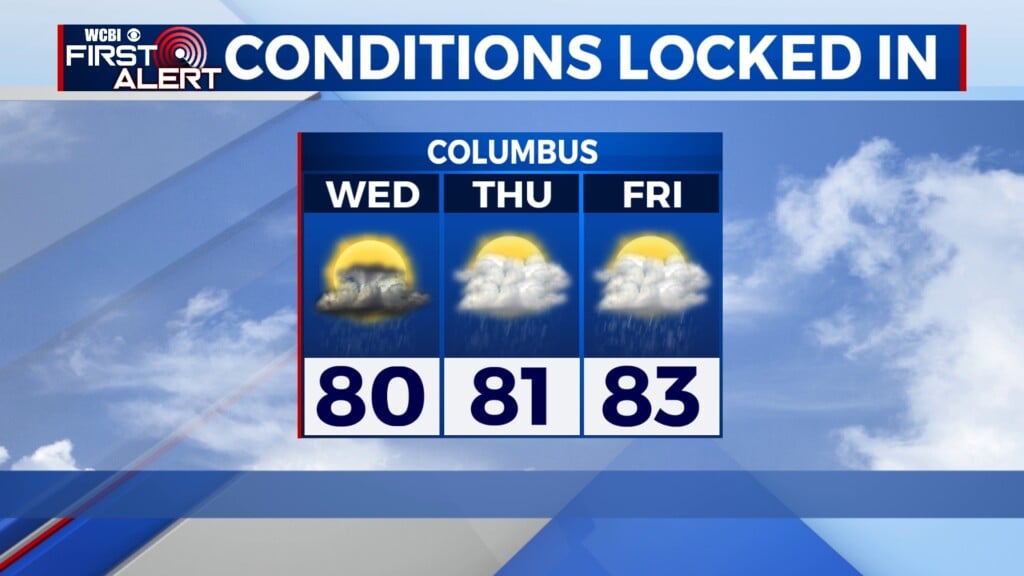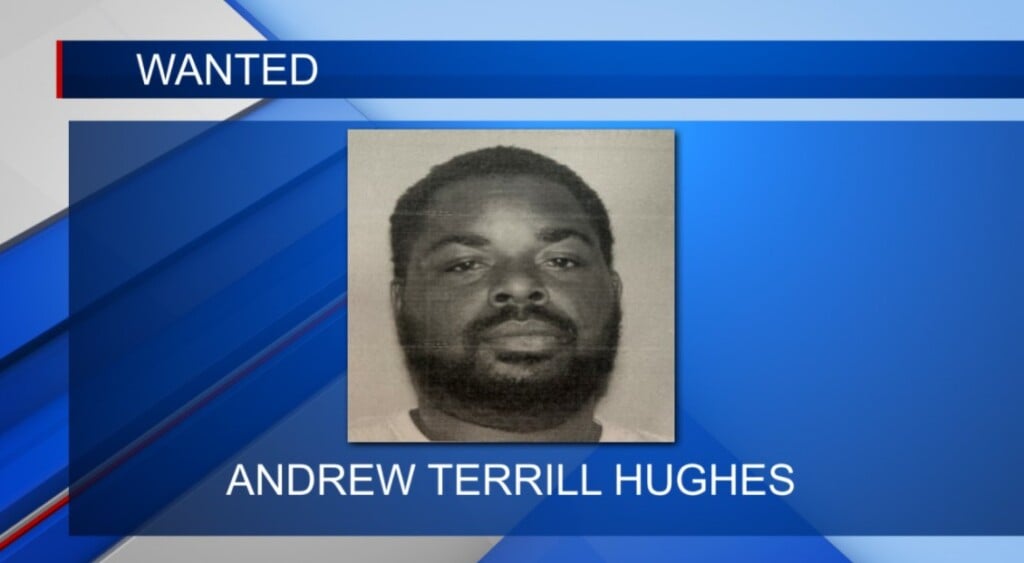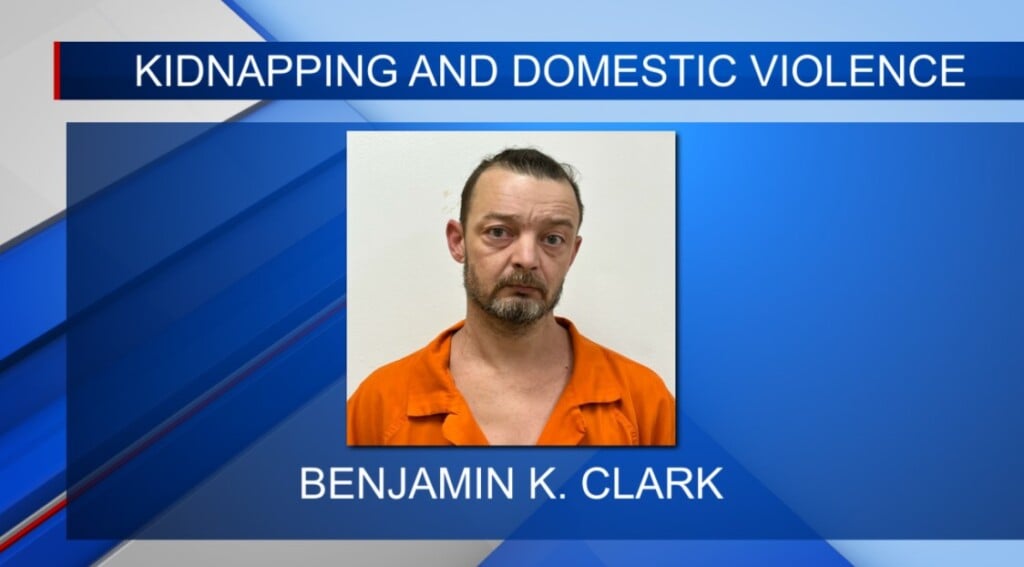Christie: Reopen economy since there will be “deaths no matter what”
Former New Jersey Governor Chris Christie said Monday that the U.S. should push ahead with reopening its economy during the coronavirus pandemic because “there are going to be deaths no matter what.” He compared it to the loss of lives during the two World Wars, saying it’s a “sacrifice” Americans must make for their way of life.
“The American people have gone through significant death before,” Christie, a Republican, said on The Daily DC podcast with CNN’s Dana Bash. “We’ve gone through it in World War I, we’ve gone through it in World War II. We have gone through it and we’ve survived it. We sacrificed those lives.”
Christie spoke about the U.S. sending young men to other countries during World War II “knowing that many of them would not come home alive.”
“We decided to make that sacrifice because what we were standing up for was the American way of life,” he said. “In the very same way now, we have to stand up for the American way of life.”
Christie’s comments come as more states are starting to reopening parts of their economies and the White House has let federal social distancing guidelines expire — even as coronavirus cases and deaths keep rising. As of Tuesday afternoon, more than 1.1 million cases have been confirmed in the U.S. and more than 70,000 have died, according to the Johns Hopkins University database.
A research model often cited by the White House is projecting that COVID-19 will kill nearly 135,000 Americans by August, in part because as restrictions are eased, more people will be going out and interacting with others. That would be higher than the U.S. death toll from the entirety of World War I, and one-third of the American death toll from World War II. The coronavirus death toll in the U.S. has already surpassed the number of Americans killed in the Vietnam War.
A draft government report said the U.S. could see up to 3,000 COVID-19 deaths a day by early June. The White House said this data hasn’t been vetted yet, and the Johns Hopkins University researchers who produced it said it was only “preliminary” information, not a forecast.
Christie, whose state is second in the nation for coronavirus cases and deaths, said it was important to consider the economic devastation from prolonged shutdowns — even if it comes at the cost of lives.
“If we leave this purely up to the physicians and the epidemiologists, we’ll be locked in our houses for another year,” he claimed. “Because they don’t want us to be doing anything other than staying in our homes until there’s a vaccine. I don’t think that’s reasonable.”
In fact, President Trump’s coronavirus task force guidelines call for states to wait to begin reopening only after they’ve seen a 14-day decline in the number of new infections and have a robust testing program in place, and then to do so only in phases. A number of states, including Georgia and Texas, have reopened more widely without meeting these safety criteria.
New York City Mayor Bill de Blasio pushed back strongly against Christie’s argument.
“I don’t know what Governor Christie is thinking when he says that,” de Blasio said in an interview Tuesday on MSNBC Live. “Reminds me of some of what we heard from the lieutenant governor of Texas, seeming to almost explain away that people were going to die and treating that like a cost of doing business. I think that’s unconscionable. We need to save every life we can save. And that’s an American value, and that’s what all the people that are being celebrated, the health care workers, the paramedics, the EMTs, they’re being celebrated because they went out and saved lives no matter what.”
Christie said everyone was looking for a “perfect solution” for the pandemic, but the country should consider a “middle” path.
“Of course, everybody wants to save every life they can ― but the question is, towards what end, ultimately?” Christie said. “Are there ways that we can thread the middle here to allow that there are going to be deaths, and there are going to be deaths no matter what?”





Leave a Reply